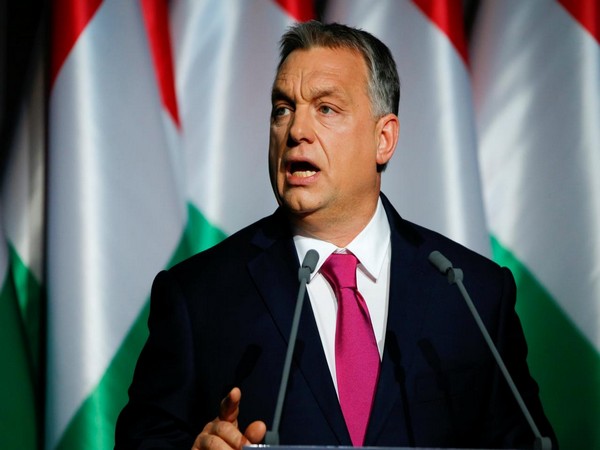Hungary's Defence Contribution: A New Economic Strategy
The Hungarian government will impose a 'defence contribution' on banks, energy firms, and multinational companies to support the state's defence fund. This move, announced by Prime Minister Viktor Orban's chief of staff, comes amidst increased profits for these sectors due to wartime conditions and inflation. Additionally, Hungary will maintain windfall taxes and introduce new transaction taxes.

Hungary's government will levy a 'defence contribution' on banks, energy firms, and multinational companies, announced Prime Minister Viktor Orban's chief of staff on Monday.
Gergely Gulyas stated that multinational companies benefiting from excess profits in the current 'wartime' scenario must contribute to the state's defence fund. Banks have seen rising profits due to increased interest rates, while electricity price hikes have bolstered energy firms' earnings. Hungarian interest rates remain among the highest in the EU.
Since the 2022 invasion of Ukraine by Russian forces, Hungary has steered clear of sending weapons to Kyiv and sustained economic ties with Moscow. Orban recently met with Russian President Vladimir Putin and Chinese President Xi Jinping, claiming it was a Ukraine 'peace mission.'
Facing a budget deficit exceeding EU limits, averaging nearly 7% of GDP over the past four years, the Hungarian government launched an 'anti-war action plan.' Gulyas announced that the windfall taxes on retailers and multinationals will persist, contributing to the 'defence fund.'
The state will also tax banks' foreign currency transactions and increase transaction fees. MOL, Hungary's largest revenue generator, will continue to face substantial windfall taxes, impacting its profits from cheaper Russian oil.
(With inputs from agencies.)
ALSO READ
Ukraine Bans Telegram on Official Devices Amid Russian Surveillance Concerns
Russia Closes M-9 Highway Near Toropets Amid Security Concerns
Russia Targets Ukrainian Energy Facilities Overnight
Overnight Russian Missile Strike Devastates Kryvyi Rih
Russia and China Engage in Naval Exercises in Sea of Japan










